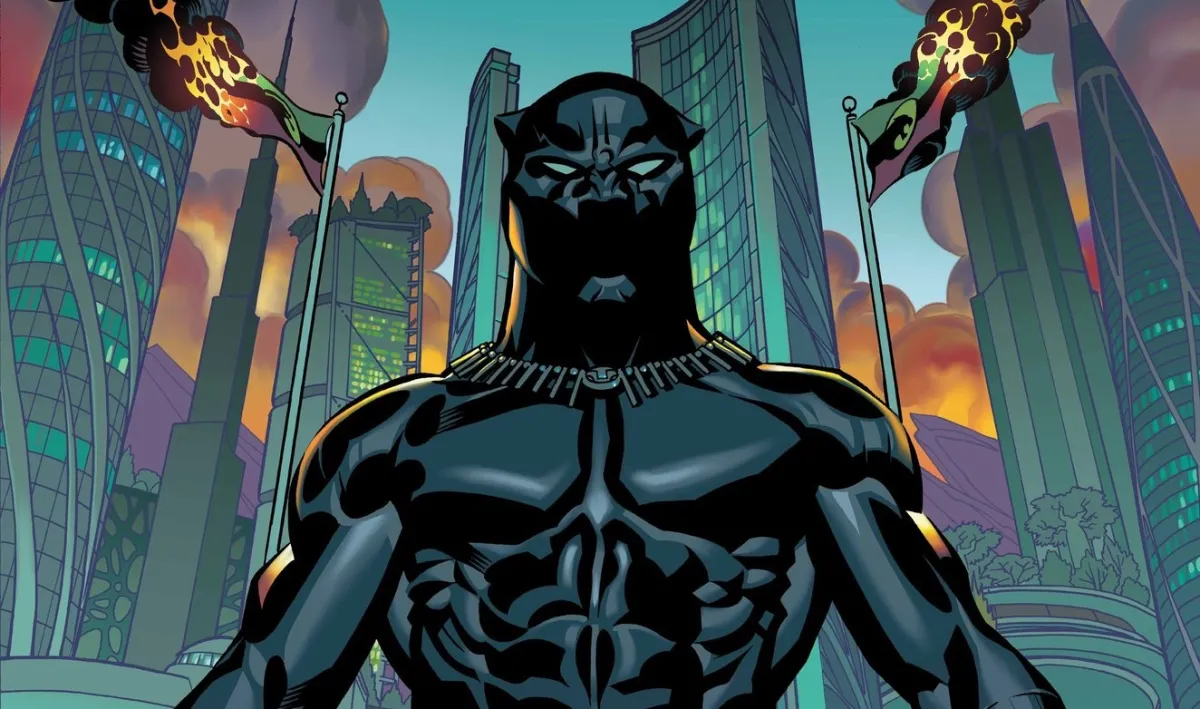Wesley Snipes recently sat down with The Hollywood Reporter to discuss the process of trying to make a Black Panther movie in the 1990s. Before Snipes would go on to partner with Marvel to make Blade, the first Marvel property adapted for film (the first one actually released, anyway), they approached him with the idea of a Black Panther movie. The film went through three different scripts and multiple directors, but it ultimately never came to fruition.
However, Snipes’ description of the process illustrates how far we’ve come when it comes to making movies about the black experience. Snipes describes both technical challenges, like the state of CGI at the time, and the cultural challenges of making a movie about a technically marvelous African nation and a character with such a politically charged name.
Snipes was first drawn to the project because of its portrayal of Africa. “I think Black Panther spoke to me because he was noble, and he was the antithesis of the stereotypes presented and portrayed about Africans, African history and the great kingdoms of Africa,” he told The Hollywood Reporter. “It had cultural significance, social significance. It was something that the black community and the white community hadn’t seen before.”
“Many people don’t know that there were fantastic, glorious periods of African empires and African royalty — Mansa Musa [emperor of the West African Mali Empire] and some of the wealthiest men in the world compared to the wealth of today,” he continued. “That was always very, very attractive. And I loved the idea of the advanced technology. I thought that was very forward thinking.”
However, Snipes struggled to convey that vision of a glorious, technically advanced African nation. Directors and executives keep connecting the character’s name to the radical 1960s group. “They think you want to come out with a black beret and clothing and then there’s a movie,” he said.
Another director also wanted to plant the character in the civil rights struggles of the 1960s. “Ultimately, [Boyz n the Hood director] John [Singleton] wanted to take the character and put him in the civil rights movement,” Snipes said. “And I’m like, ‘Dude! Where’s the toys?! They are highly technically advanced, and it will be fantastic to see Africa in this light opposed to how Africa is typically portrayed.’ I wanted to see the glory and the beautiful Africa. The jewel Africa.”
Of course, digital technology in the mid ’90s wasn’t quite what it is today. “We were so far ahead of the game in the thinking,” Snipes said, “the technology wasn’t there to do what they had already created in the comic book.”
The rest of the project also didn’t coalesce. After multiple script rewrites and hunts for a director, this Black Panther film didn’t pan out. Luckily, Snipes soon found a different Marvel project to front: Blade. “It was a natural progression and a readjustment,” Snipes said. “They both [Black Panther and Blade] had nobility. They both were fighters. So I thought, ‘Hey, we can’t do the King of Wakanda and the Vibranium and the hidden kingdom in Africa. Let’s do a black vampire.'”
Snipes has previously said that his management thought Blade was a strange move, but Snipes recognized its revolutionary potential. “At the time when Blade was offered to me,” he said back in 2014, “my management and my agents all thought I was out of my mind for doing it. They told me, ‘You know, you’re a classically trained actor. Why would you want to even play a vampire from a comic book?’ I was, ‘Everything you’re saying is right, but here’s the thing—I’ve never seen a movie like this.'”
I’m ultimately happy that we ended up with Snipes’ Blade, a supremely enjoyable film that earned more than $131 million worldwide and set the stage for Marvel’s later hits. But I’m even happier that we now live in a world where a Black Panther film that shows a fantastical, techno-wonderland Wakanda is expected to rake in $120 million in its opening weekend alone.
(Via The Hollywood Reporter; image: Marvel Comics)
Want more stories like this? Become a subscriber and support the site!
—The Mary Sue has a strict comment policy that forbids, but is not limited to, personal insults toward anyone, hate speech, and trolling.—








Published: Jan 30, 2018 12:37 pm